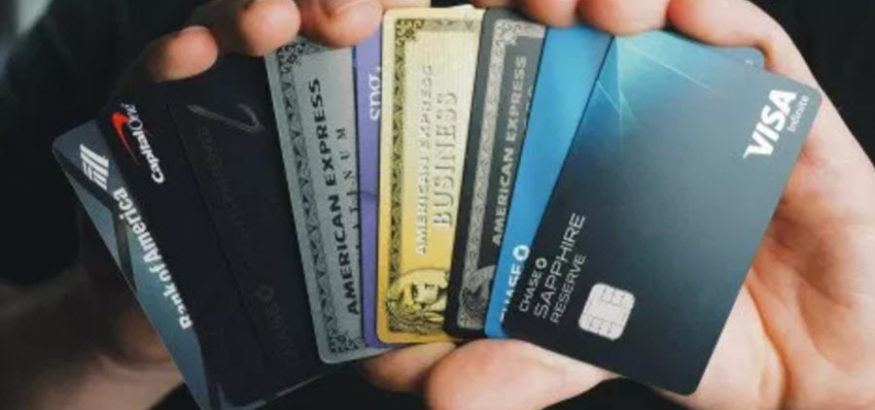Understand Credit Cards And Their True Benefits
Learning how credit cards work
Credit cards provide the flexibility of remote purchases, while reducing the amount of cash you have to carry. If not careful, the perks of having a credit card may be outweighed by the costs of spending more than you can afford. This page will help you make better decisions when deciding which card is right for you, and how to use it effectively.
- How do credit cards work?
- Using your credit card PIN
- Managing your credit card
How do credit cards work?
Credit cards extend a predetermined amount of credit to you, allowing you to borrow money on a continuous loop, as long as you can make the minimum payment. Many of them come with an annual fee.
Interest rates of a credit card
Compared with other lines of credit, credit cards often carry higher interest rates- all of which can vary with the features of the card. You’ll incur interest on any outstanding transactions if you don’t repay the owed amounts each month. The amounts owed are referred to as the balance. Pay periods are typically monthly, but there are also features like interest-free periods from which you may take advantage.
Interest rates will likely be higher if you’re using your card for cash advances. The interest is charged right away, so you automatically pay more than if you had cash on hand.
Minimum payments on a credit card
If you choose to make the minimum monthly payment on your credit card, you’ll undoubtedly pay more money in interest fees alone, and it will take you longer to pay off the balance. Your monthly statement will outline the time it will take to pay off your balance if you choose to continue making minimum payments.
Increasing limits on a credit card
Creditors may not contact you to offer any increases in your credit limit. You, however, can make the request for a limit increase by contacting your creditor at any time. Doing so may involve an analysis of your payment history, your current credit rating, and your current income statements- all to determine if you can make repayments within the next three years.
Using your credit card PIN
When making a purchase at a point of sale, such as a retail location, you will have to enter in your pin or provide a signature. It’s not always applicable to online shopping, phone purchases, or any contactless card transactions like ApplePay. If you have a chip-less card, using only a magnetic strip at the back, you will continue to provide a signature.
Using a credit card internationally
Keep in mind your PIN may not work when you are using your credit card in another country. This feature can be replaced with your signature. You’ll also need to contact your creditor to inform them of your travels and your intent to use your card while out of the country.
Problems with your credit card PIN
If you forget your PIN, call your bank or creditor to set up a new one. Your PIN should always be something that isn’t associated with other information about you.
Using a credit card with a disability
If you have problems remembering your PIN or have a disability that makes providing a signature difficult, contact your creditor or bank about your options to overcome these requirements.
If you have a question about your PIN’s security, contact your creditor or card issuer. You can also refer to our information on unauthorized and accidental transactions if you need to address purchases you cannot account for.
Managing your credit card
It’s a great practice to always check your credit card statements carefully so you know that you are being charged correctly. If you find any transactions that you didn’t make yourself, contact your creditor immediately.
We also offer a lot of time to help you overcome and avoid fees while using your credit card:
- Smart ways to use your credit card
- How to pay off multiple credit cards
- How to choose a credit card
- Credit card balance transfers
When used wisely, credit cards can be useful and come in handy. But if you’re not careful, they can lead to unnecessary debt troubles.

